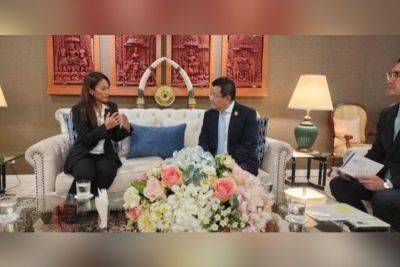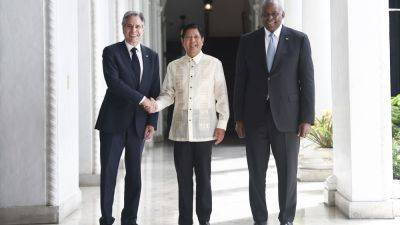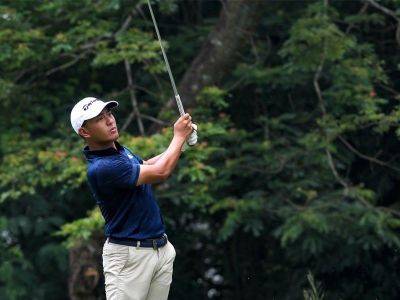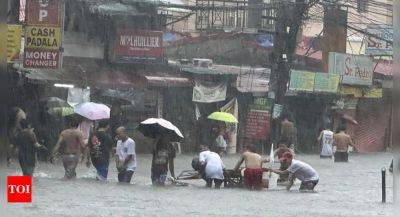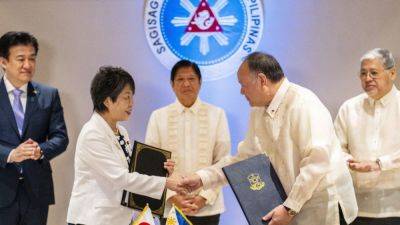Why the Philippine-Japan defense pact matters
MANILA, Philippines — More than 70 years after Japan's invasion and occupation of the Philippines during World War II, the countries on Monday signed a defense pact that allows them to deploy troops on each other's soil.
The agreement was finalized during high-level defense talks in Manila and comes as China increases military and diplomatic pressure in the Asia-Pacific region.
The Reciprocal Access Agreement, or RAA, provides the legal framework for the deployment of Japanese troops and equipment in the Philippines, and vice versa.
It took more than seven months to negotiate and will take effect after ratification by lawmakers in both countries.
Both countries have longstanding maritime territorial disputes with China and this agreement allows for increased cooperation between their militaries in combat training as well as disaster response.
That would include live-fire exercises and joint patrols, said Aries Arugay, visiting senior fellow at the Singapore-based ISEAS-Yusof Ishak Institute.
Japan, which hosts 54,000 US military personnel, has signed similar reciprocal access agreements with Britain and Australia, but this is its first in Asia.
The Philippines has equivalent pacts with the United States and Australia and plans to pursue one with France.
The Philippines and Japan are longtime allies of the United States, which has been strengthening an arc of alliances in the region to deter China -- infuriating leaders in Beijing.
Monday's agreement was "another layer in the latticework of #IndoPacific security partnerships," US ambassador to Japan, Rahm Emanuel, said on social media platform X.
"The historic reciprocal access agreement... not only boosts their cooperation and capabilities, but also reinforces our collective deterrence and commitment to a free and open #IndoPacific."
The Philippines, which has a mutual defense treaty with the United States, has been seeking to boost security ties with other countries in Asia and Europe.
Japan forms part of the Quad grouping with the United States, Australia and India, while members of the AUKUS security pact -- Australia, Britain and the United States -- are considering cooperating with Tokyo on military


